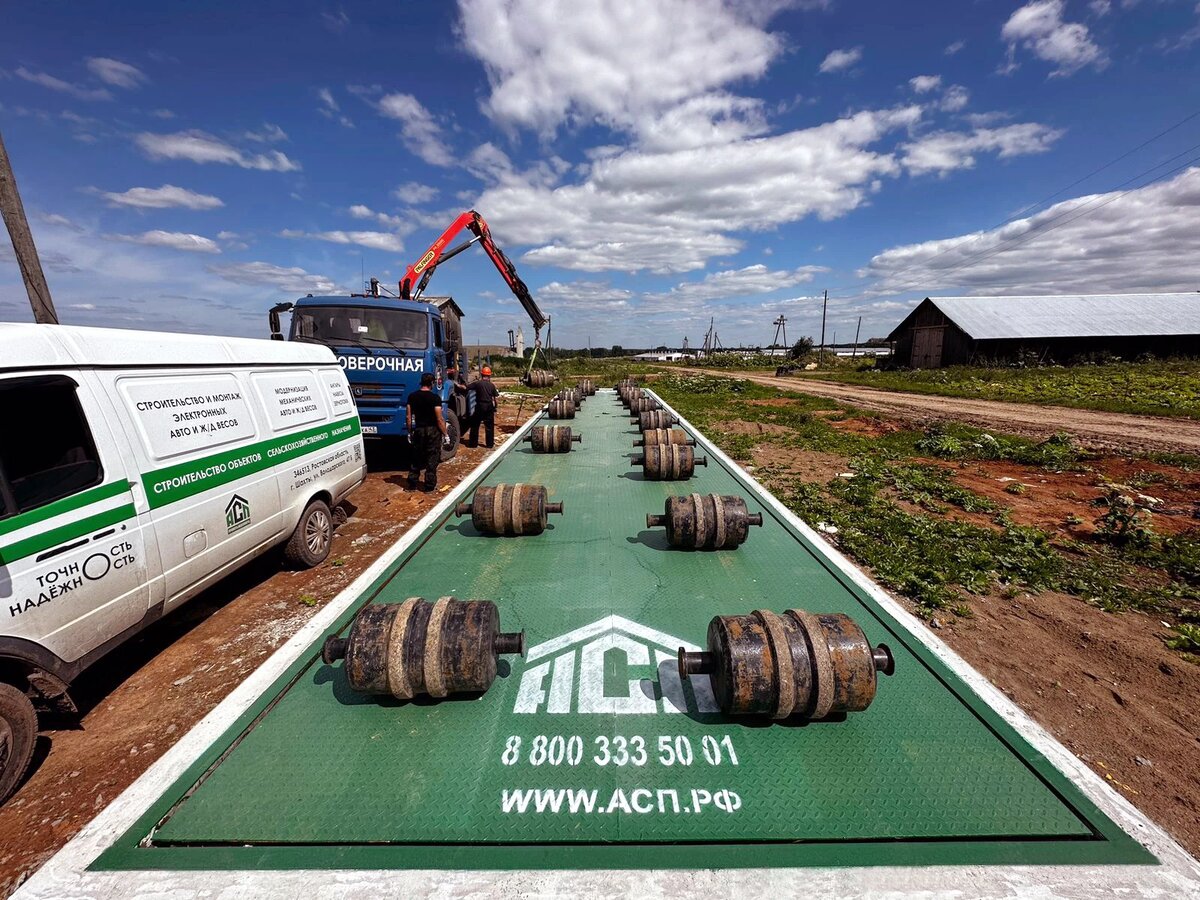Why The Importance of Regular Calibration for Weight Scales
페이지 정보
작성자 Tyrell 작성일25-03-28 16:35 조회56회 댓글0건관련링크
본문
Regular Maintenance is an crucial aspect of maintaining precise measurements in various industries, including manufacturing, healthcare, and quality control. Measuring equipment, in particular, require regular calibration to ensure that they provide accurate readings. While calibration may be seen as a one-time process by some, it is actually an ongoing process that requires periodic maintenance and adjustments to maintain the precision of weight scales.
One of the reasons calibration is an ongoing process is that weight scales are subject to wear and tear over time. As the mechanical components of the scale wear down, the readings may become unreliable, leading to incorrect calculations and potentially expensive errors. By performing regular calibration checks, users can detect any deviations from the standard measurement and make the necessary adjustments to ensure accuracy.
 An Additional reason calibration is necessary is that external factors can affect the accuracy of weight scales. Temperature changes, humidity, and vibration can all impact the readings of a weight scale, making it necessary to perform calibration checks in different environmental conditions. For example, a weight scale used in a laboratory may need to be calibrated at different temperatures to ensure that it provides accurate readings in a variety of conditions.
An Additional reason calibration is necessary is that external factors can affect the accuracy of weight scales. Temperature changes, humidity, and vibration can all impact the readings of a weight scale, making it necessary to perform calibration checks in different environmental conditions. For example, a weight scale used in a laboratory may need to be calibrated at different temperatures to ensure that it provides accurate readings in a variety of conditions.
Moreover, calibration is necessary because it ensures adherence with standard standards and guidelines. In many industries, weight scales must be calibrated according to particular regulations, such as ISO 9001. Failure to comply with these regulations can result in costly fines and damage to an business's reputation. Timely calibration helps to ensure that weight scales meet these regulatory requirements and maintain the precision and reliability that customers expect.
In addition to, calibration can also help increase the lifespan of weight scales. By detecting any mechanical issues or wear and tear early on, users can perform maintenance and restoration before the problem escalates, reducing the need for costly replacements.
In conclusion, calibration is an ongoing process because it is an crucial part of quality control. In many industries, precision and precision are essential, and calibration plays a important role in ensuring that weight scales meet these standards. By performing regular calibration checks, users can identify any deviations from the standard measurement and take corrective action to maintain accuracy and quality.
To summarize, calibration is not a one-time process for прайс-лист на поверку весов weight scales, but rather an ongoing process that requires periodic maintenance and adjustments to maintain accuracy. By performing timely calibration checks, users can ensure that their weight scales provide reliable readings, comply with regulatory standards, and increase the lifespan of the equipment. Whether in a research setting, production site, or healthcare setting, calibration is necessary for maintaining the validity and effectiveness of weight scales.
One of the reasons calibration is an ongoing process is that weight scales are subject to wear and tear over time. As the mechanical components of the scale wear down, the readings may become unreliable, leading to incorrect calculations and potentially expensive errors. By performing regular calibration checks, users can detect any deviations from the standard measurement and make the necessary adjustments to ensure accuracy.
Moreover, calibration is necessary because it ensures adherence with standard standards and guidelines. In many industries, weight scales must be calibrated according to particular regulations, such as ISO 9001. Failure to comply with these regulations can result in costly fines and damage to an business's reputation. Timely calibration helps to ensure that weight scales meet these regulatory requirements and maintain the precision and reliability that customers expect.
In addition to, calibration can also help increase the lifespan of weight scales. By detecting any mechanical issues or wear and tear early on, users can perform maintenance and restoration before the problem escalates, reducing the need for costly replacements.
In conclusion, calibration is an ongoing process because it is an crucial part of quality control. In many industries, precision and precision are essential, and calibration plays a important role in ensuring that weight scales meet these standards. By performing regular calibration checks, users can identify any deviations from the standard measurement and take corrective action to maintain accuracy and quality.
To summarize, calibration is not a one-time process for прайс-лист на поверку весов weight scales, but rather an ongoing process that requires periodic maintenance and adjustments to maintain accuracy. By performing timely calibration checks, users can ensure that their weight scales provide reliable readings, comply with regulatory standards, and increase the lifespan of the equipment. Whether in a research setting, production site, or healthcare setting, calibration is necessary for maintaining the validity and effectiveness of weight scales.
댓글목록
등록된 댓글이 없습니다.




